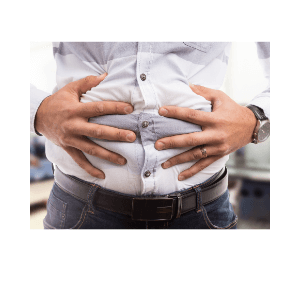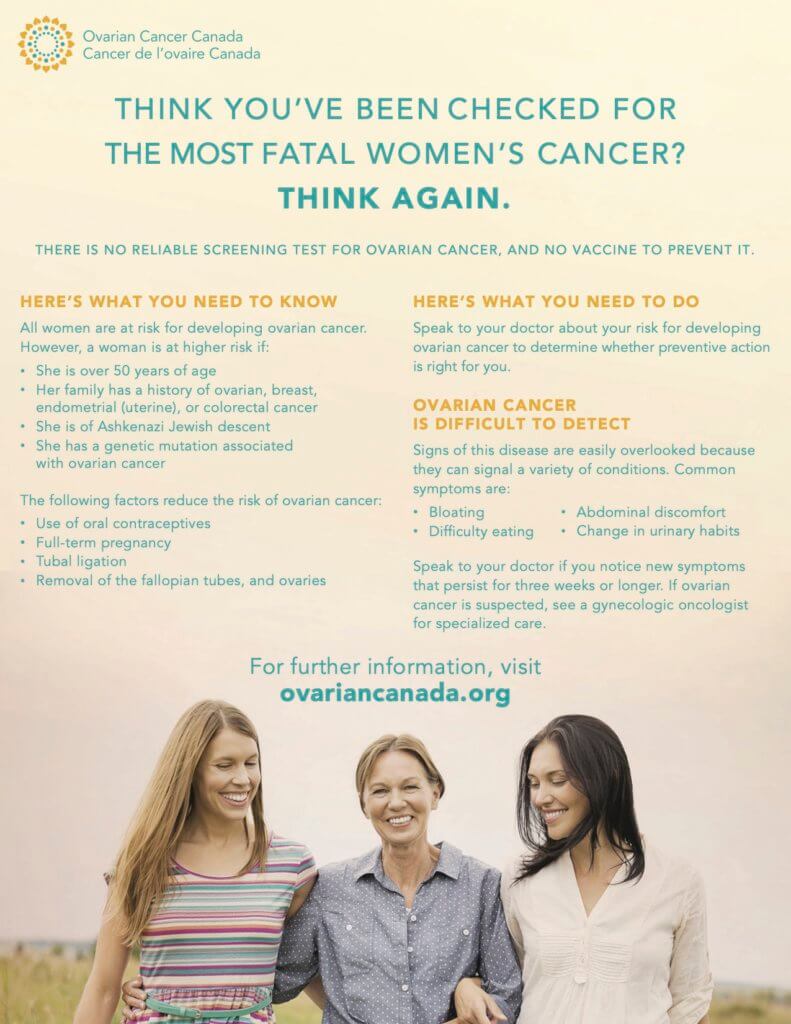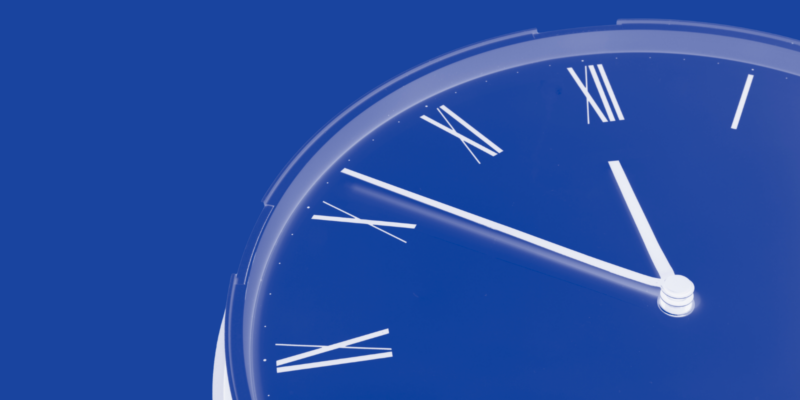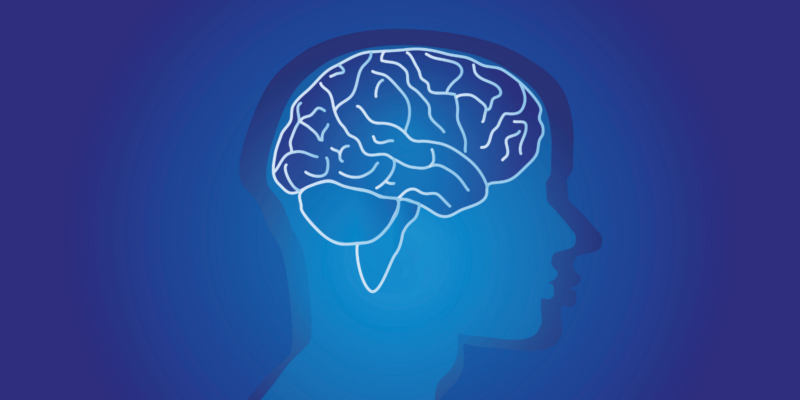Bloating is a sense of fullness or “gassiness” or a feeling of distension of your stomach. You may or may not have an actual increase in the size of your abdomen.
The causes of bloating are many, ranging from food sensitivities to your medications to very serious conditions like ovarian cancer.
Where do you start?
In medical school, we were always taught that you should start with the basics- a good clinical history. Do you have only bloating? Or is it accompanied by belching (expulsion of excess gas from the mouth) or flatulence? Do you have stomach pain? Are your symptoms related to food intake? Do you feel bloated soon after eating food, or does it occur later? Do you feel bloated after a large meal? Do you devour your meals without chewing thoroughly? Any unintended weight-loss? Do you bleed when passing stools? (The last two should prompt you to visit your doctor immediately).
The first step in a thorough evaluation of bloating is a review of your food and drinks.
Which food are the typical offenders?
Food sensitivity. (Link) Do you know which food are troublesome for you? If you have never done a good elimination diet, then that is a great place to start.
The commonest food sensitivities are to gluten, dairy, soy, corn, processed food. The simplest way to do an elimination diet is to stop eating the typical offenders for two weeks. Then you can reintroduce one food every three days and track your symptoms. The reintroduction phase is a vital piece in an elimination diet, but many of you miss that. Frequently your food sensitivity symptoms may have nothing to do with your gut. It may show up as headaches, brain fog, joint pain, skin rash etc.
Should you say goodbye to gluten?
Other common offenders:
Some of the following food may cause a problem as well:

- Beans, legumes, onions
- Caffeine
- Lactose
- Fructose
- Artificial sweeteners like sorbitol, mannitol. (Including sugar-free chewing gums).
- Carbonated drinks
Do you need a very restricted diet?
You may have heard of a low FODMAPs diet, a no-gluten diet, or the Specific Carbohydrate Diet. Which one is right for you?
While there are no simple answers, you can use the scoring in this quiz to provide clarity. If your symptom score is very high, you may need a more restricted diet like the low FODMAPs diet. However, most people do quite well by eliminating the major ones like gluten, dairy and processed food.
Are you an “early bloater” or a “late bloater”?
Early Bloater. You are an “early bloater” if you experience bloating in less than half an hour after eating food. One of the commonest causes of early bloating is gastroparesis in people with diabetes.
Gastroparesis means partial paralysis of the stomach. The commonest cause is nerve damage from diabetes. However, other possible factors are medicines like tricyclic antidepressants, L-dopa, and narcotics. SLE and scleroderma, Parkinson’s disease and post-viral infection, stomach outlet obstructions are additional causes. You will need to consult a specialist physician to rule out many of these causes.
Late Bloater: You are a “late bloater” if you have bloating after half an hour or longer post-meal.” Late bloating” is more common. Some of the causes are food sensitivities(particularly gluten sensitivity), SIBO (Small Intestinal Bacterial Overgrowth), Celiac Disease or IBS (Irritable Bowel Syndrome).links
SIBO: Normally, gut bacteria reside in the large bowel. In SIBO, abnormal numbers and types of gut bacteria are present in the small bowel, leading to bloating, diarrhea, nausea etc.
Are you a “constipated bloater”?
If you have constipation along with bloating, additional causes have to be excluded. Is it primarily constipation? Do you have stomach pain? Constipation, with bloating and stomach pain, may indicate a diagnosis of IBS-C.
Additional causes of constipation are pelvic floor dysfunction and hypothyroidism.
Additional causes of bloating:
OSA treatment:
Medications: ((Ref))
- Aspirin.
- Antacids.
- Diarrhea medicines, such as Imodium, Kaopectate, and Lomotil.
- Opioid pain medicines.
- Fibre supplements and bulking agents, like Metamucil, Isapgol.
- Iron pills.
- Metformin
Ovarian cancer
Ovarian cancer is the most serious of women’s cancers. It is often detected late because some of the symptoms are non-specific. Bloating and feeling full maybe some of the earliest symptoms of this cancer. (Usually, there is no vaginal bleeding in ovarian cancer).

Warnings:
If you have bleeding with stools or unintended weight loss, please meet your doctor immediately to rule out potentially serious disease. If you are a woman, please talk to your doctor about screening for ovarian cancer.
Summary
- The first step to dealing with your bloating is to figure out your food sensitivities by doing an Elimination Diet.
- What should you eliminate? Check your score here.
- Often your doctor cannot do a detailed food assessment in a time-constrained clinic consultation. Here is where you can help your physician by finding out your bothersome food.
- Are any of your medications or supplements causing a problem?
- Please meet your doctor if your symptoms are not relieved in a reasonable time.


